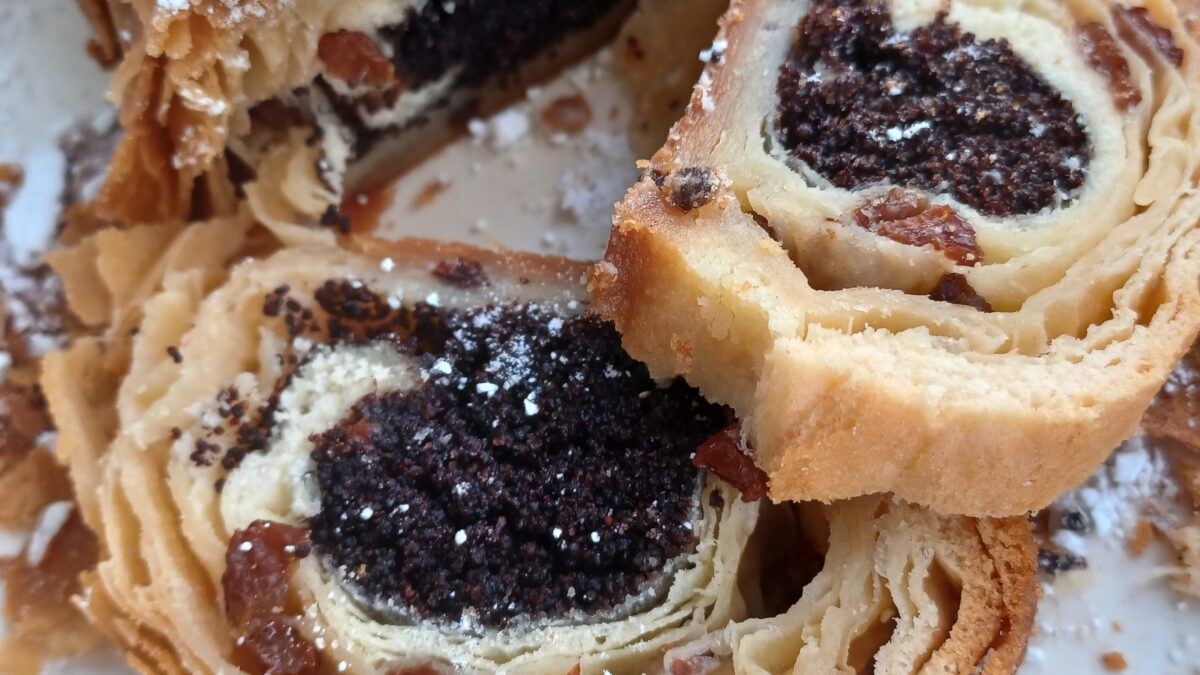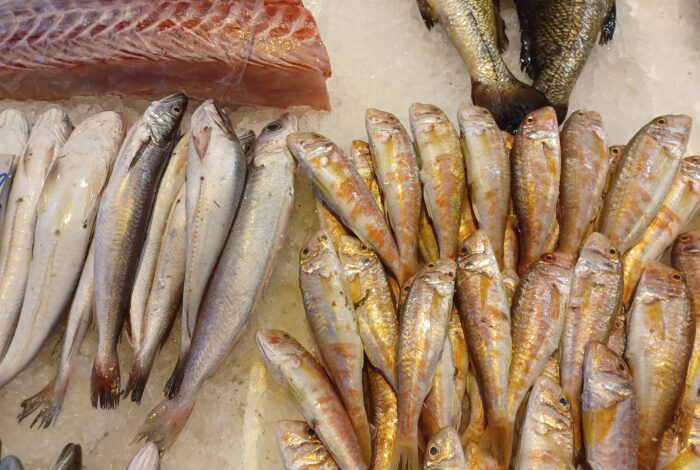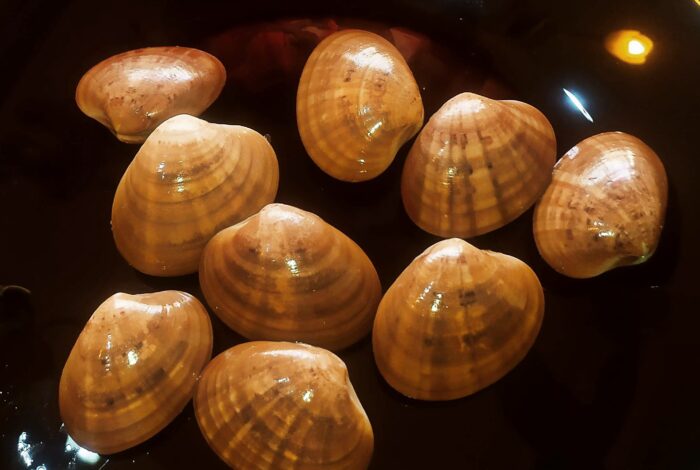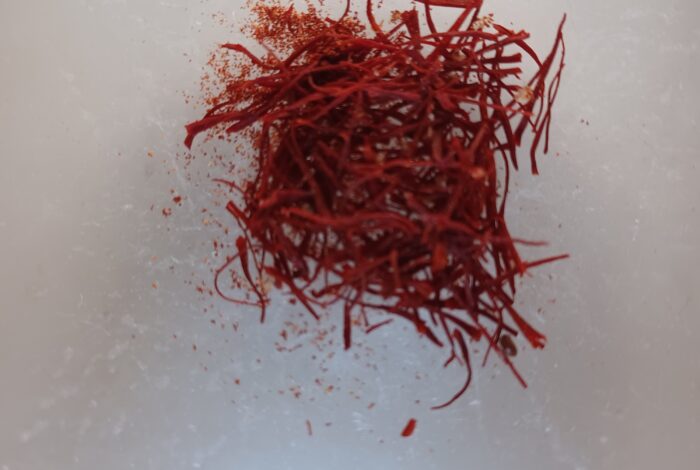Soultana-Maria Valamoti, Professor, School of History and Archaeology, Aristotle University of Thessaloniki
A pasteli or other sweet made with poppy seeds instead of sesame would appear quite the oddity in modern Greece, given the rarity with which poppy seeds are encountered as an ingredient in urban or local cuisines or sweets. But according to ancient texts and archaeobotanical remains, poppy seeds were an especially popular ingredient in ancient Greek cuisine, most notably in sweets. Poppies of the papaver somniferum variety were cultivated extensively for their opium by the neolithic communities of Europe. In Greece, however, archaeological research has shown that the poppy was domesticated from c. the 2nd millennium BC onwards, especially in the northern parts of the country, where copious amounts of poppy seeds have been discovered.
The oldest reference to opium poppies can be found in a simile in Homer’s Iliad, while its association between poppies and bread can be dated to a passage from Alcman dating to the 7th century BC, which mentions makonias breads. Ancient texts also relate that poppy seeds were used in both bread-making and confectionery. In his De materia medica, Dioscorides (1st century A.D.) notes a domesticated variety of poppy that produced white seeds and was cultivated precisely for these seeds. They would be baked into bread as part of a healthy diet or mixed with honey in lieu of sesame seeds. None other than Thucydides (5th century BC) mentions this marriage of poppy seeds and honey, relating that it was among the supplies sent to the Spartan hoplites garrisoning Sphacteria during the Peloponnesian war. Numerous passages from the comic poets of the 4th and 3rd centuries BC make references to poppy seeds; one such example is a fragment from Euphron (3rd century BC), who describes a radish sprinkled with 12 poppy seeds. Setting aside the irony inherent in this image, poppy seeds were also encountered as an ingredient of a honey-based confection (‘melipekton’), a ‘kopte’ with poppy seeds mentioned in a passage from Sopater (4th – 3rd century BC). The Hippocratic corpus (5th – 4th century BC) describes the nourishing, strengthening qualities of the poppy seed as well as its healing properties. Poppy seeds were included alongside a variety of other ingredients in a recipe described by Philon (3rd – 2nd century BC) which references a known recipe by Epimenides, an ancient form of energy bar!
It is thus not a stretch to imagine breads and confections made with poppy seeds, or a special kind of pasteli which replaced sesame seeds for poppy seeds, being consumed in ancient Greece. In the modern day, those wishing to try out bread products or sweets with poppy seeds should seek them far to the north of Greece, such as in Lithuania, Ukraine and certain central European countries. Unlike other ingredients and recipes, poppy seeds seem to have gradually fallen out of use in Greek cuisine over the centuries.










